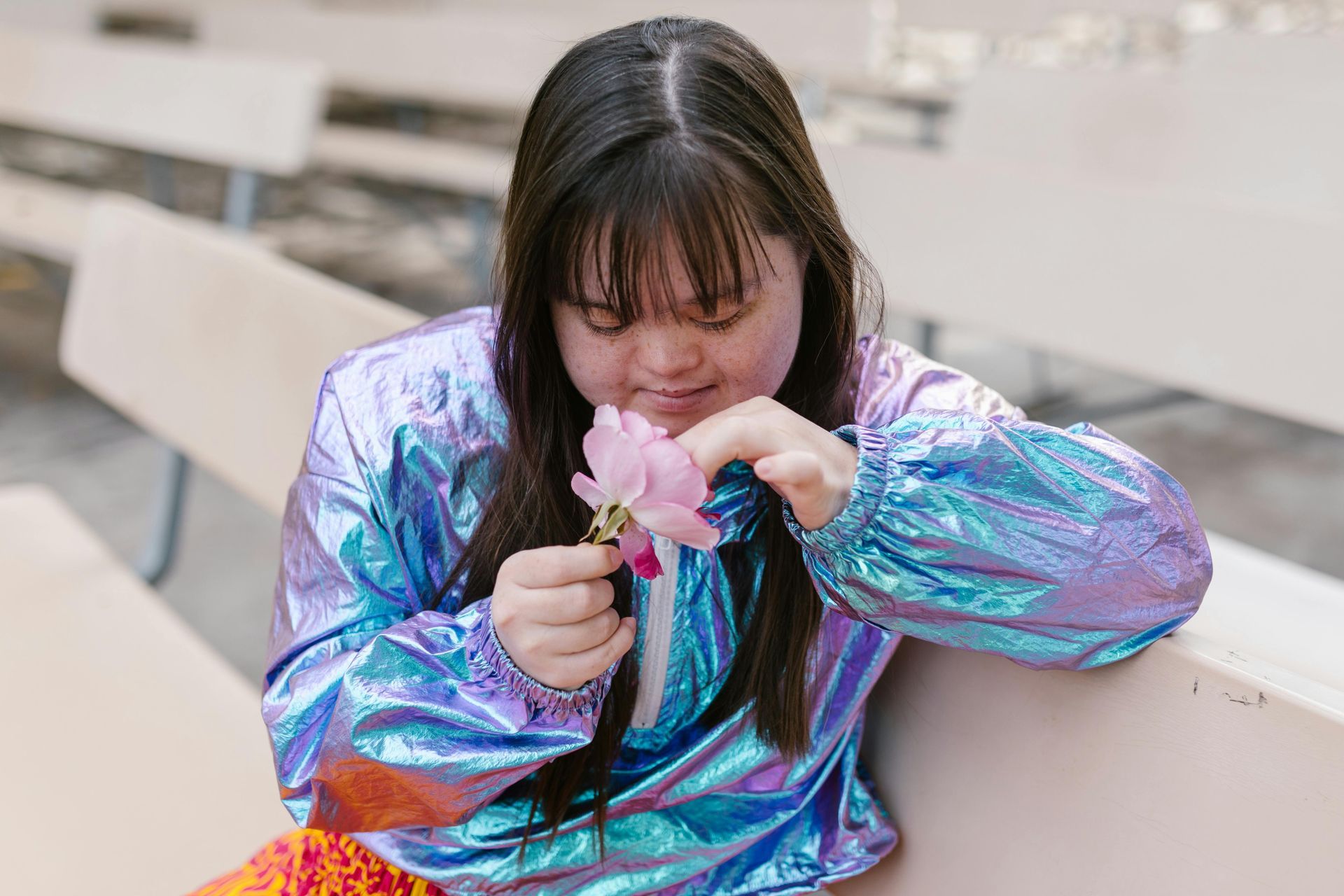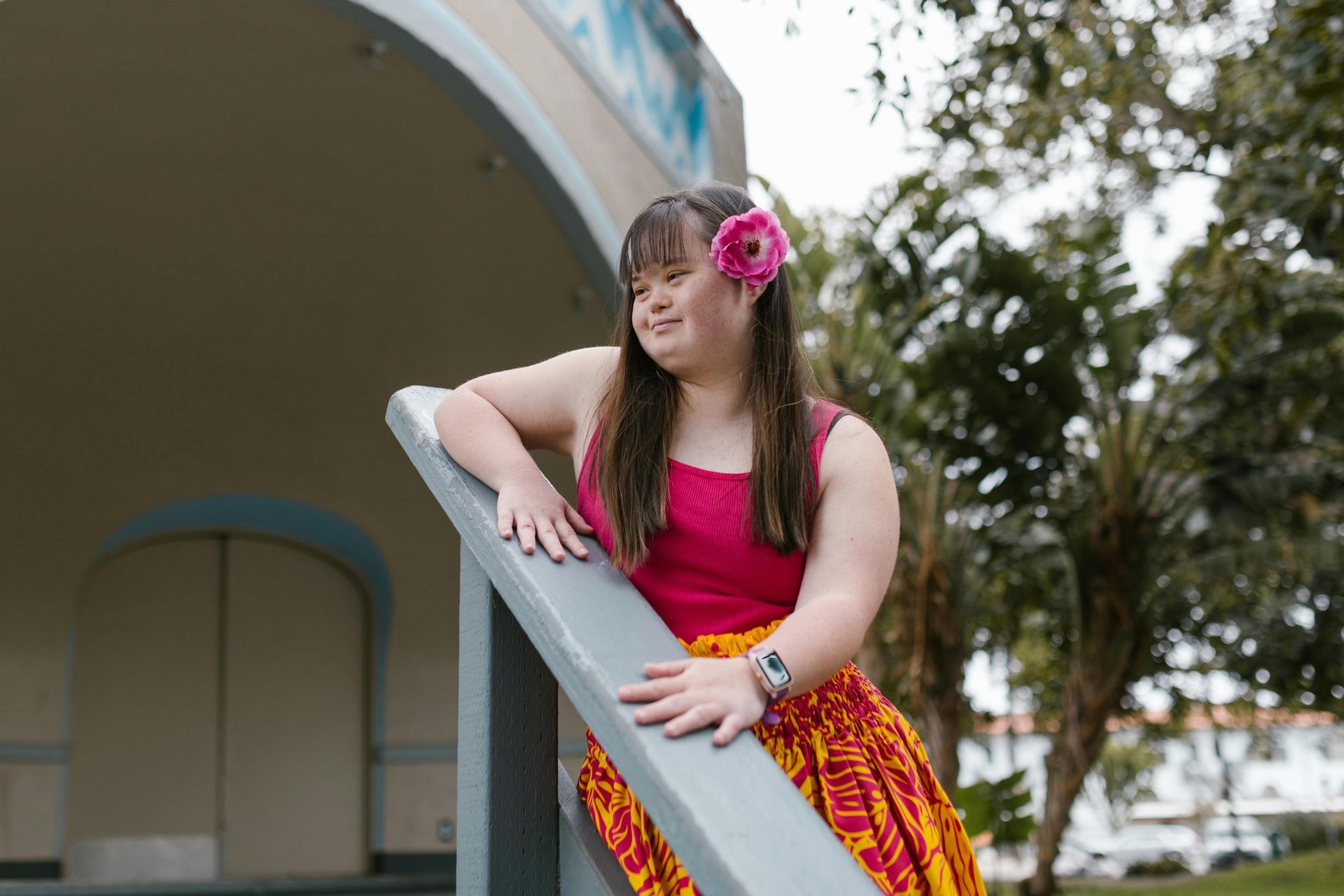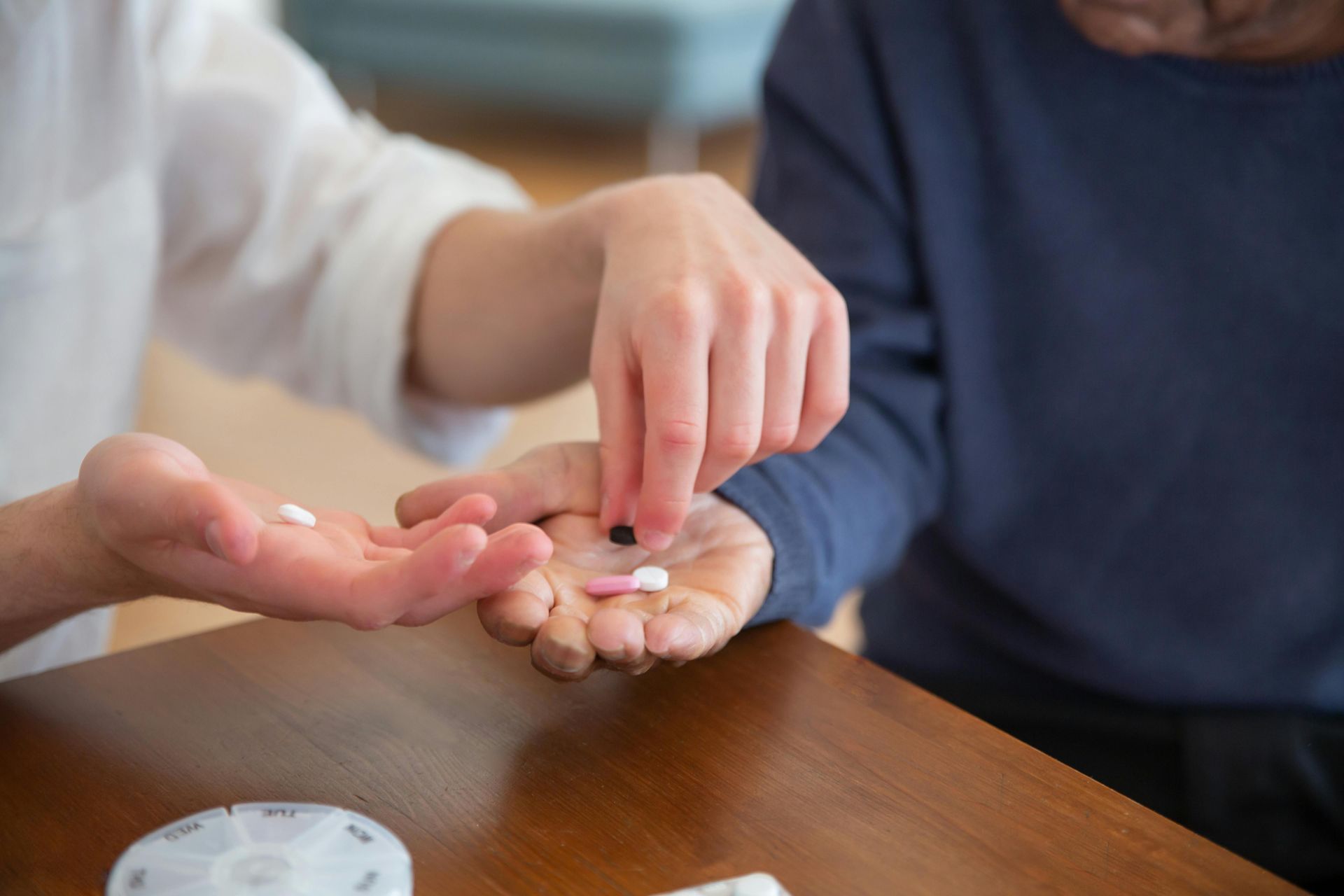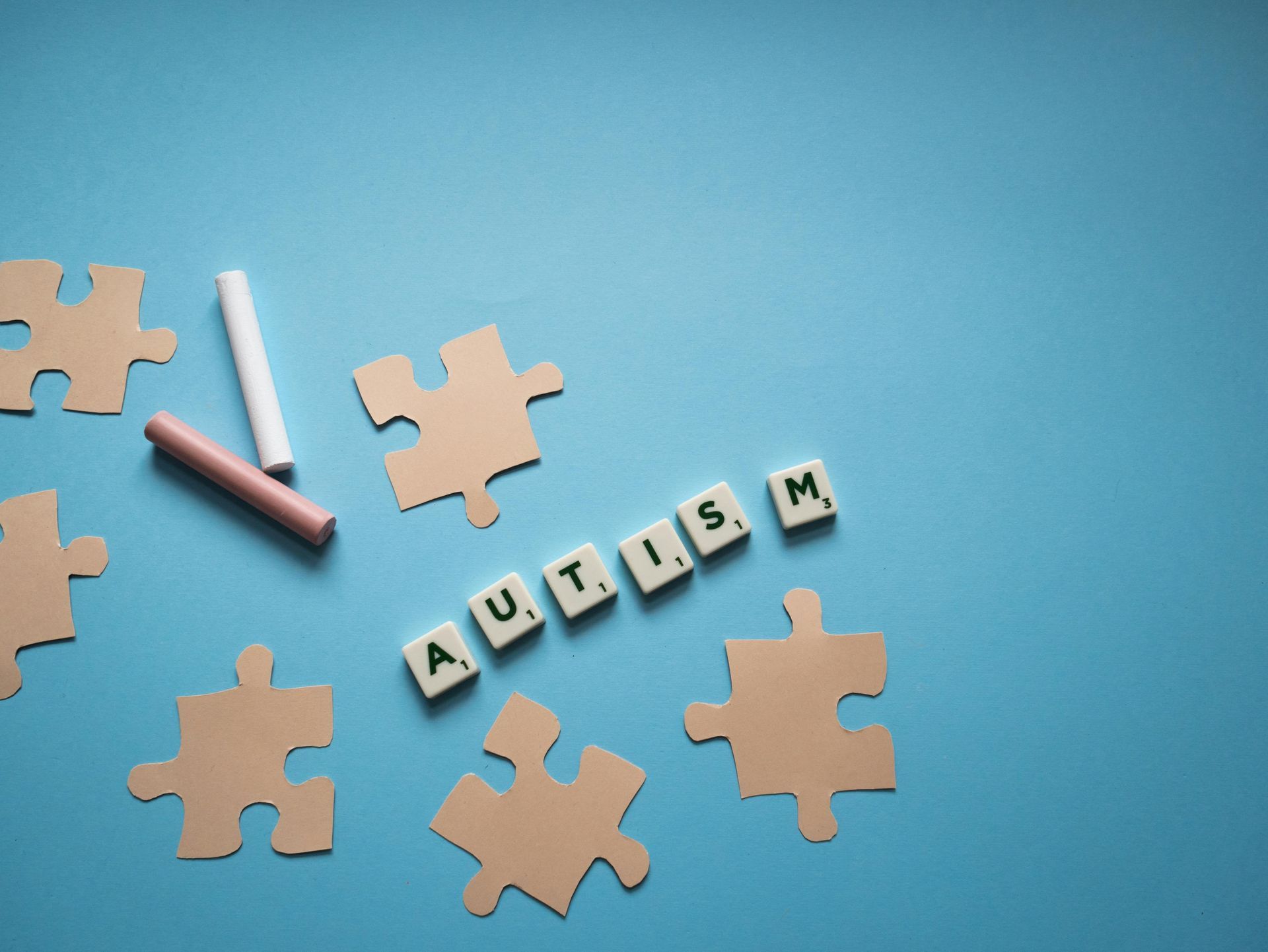Caregivers are the often-unsung heroes behind the well-being of individuals living with mental health conditions or developmental disabilities. Whether family members or professional aides, these caregivers play a pivotal role in ensuring consistent, compassionate, and structured support. Yet, while their focus is often on others, their own mental, emotional, and physical health can suffer without the right resources or self-care strategies.
Understanding the Caregiver Burden
The demands of caregiving can be intense and unrelenting. According to the Family Caregiver Alliance, over 60% of caregivers report high levels of stress, while nearly 40% experience symptoms of depression. Burnout, fatigue, anxiety, and even physical health challenges are common.
Practical Self-Care Tips for Caregivers
- Set Boundaries – It's essential to define personal time and space. Saying "no" when necessary helps maintain emotional balance.
- Stay Connected – Isolation is a major risk for caregivers. Make time for friends, family, or support groups, even virtually.
- Use Respite Services – Temporary care relief is vital. Short breaks help refresh your energy and perspective.
- Practice Mindfulness – Activities like journaling, meditation, or even quiet walks can help lower stress and refocus the mind.
- Keep a Health Routine – Balanced meals, exercise, sleep, and regular check-ups aren’t luxuries—they’re necessities.
Top Resources for Caregiver Support
- Maryland Access Point (MAP): Offers local respite services, education, and support for caregivers.
- Family Caregiver Alliance (caregiver.org): A national resource center with fact sheets, webinars, and legal/financial advice.
- The Arc Maryland: Offers advocacy and support for families of individuals with developmental disabilities.
- Mental Health America: Provides screenings and wellness tools tailored to caregivers.
- Caregiver Action Network: Tools, peer support, and resources specifically for those providing long-term care.
Support for the Supporters
Caregiving is an act of love, commitment, and deep responsibility—but no one should do it alone. Accessing the right support systems, both emotionally and practically, makes a world of difference in preventing burnout and improving quality of care.
If you’re a caregiver in Maryland supporting someone with a developmental disability or mental health condition, know that you’re not alone.
Visit www.globalhandsinc.com to explore services, support options, and tools designed with you in mind.










